Can talent make up for consistency in cycling?
There has been much debate traditionally about whether a cyclist is born or made. It is clear that great champions possess a combination of both aspects, combining tremendous innate qualities with hard and meticulous work. But what about the rest of us? Can we reach the highest level with training alone? Can we be among the best just by having excellent skills?
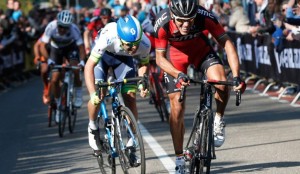
Qualities or work: What is more important for a cyclist?
One of the traditional debates in sports in general and cycling in particular, which will continue to be hotly debated as coaches and sports scientists cannot agree on the importance of each aspect over the other.
It is true that in the past, with less competitive cycling and less scientific preparations, innate talent was what ultimately prevailed. Qualities that, faced with the paradigm that said that to go faster you had to ride your bike as much as possible, determined parameters such as the recovery capacity to assimilate such a volume of training and competitions.
RECOMENDADO
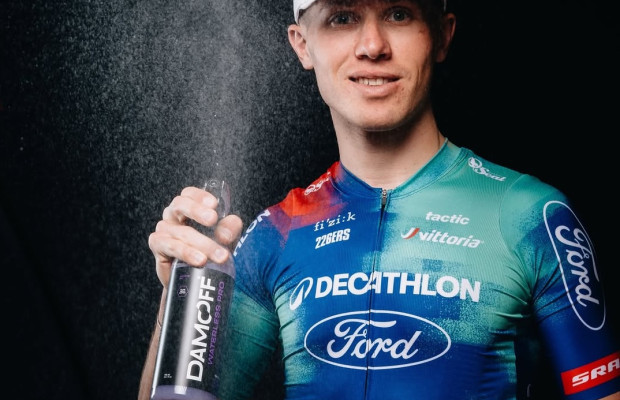
How to wash your bike at a gas station without ruining it
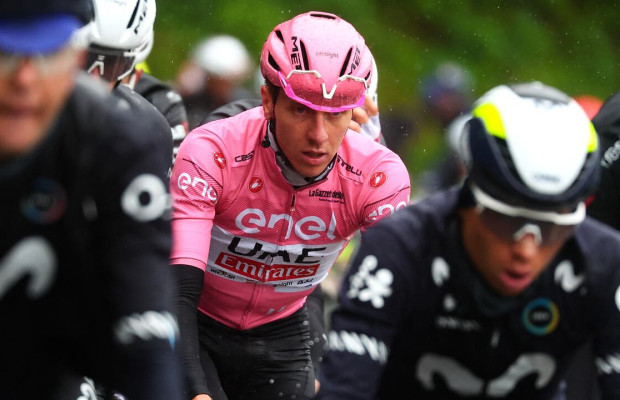
Tips for staying motivated to go out riding when cold, rain or night lurk
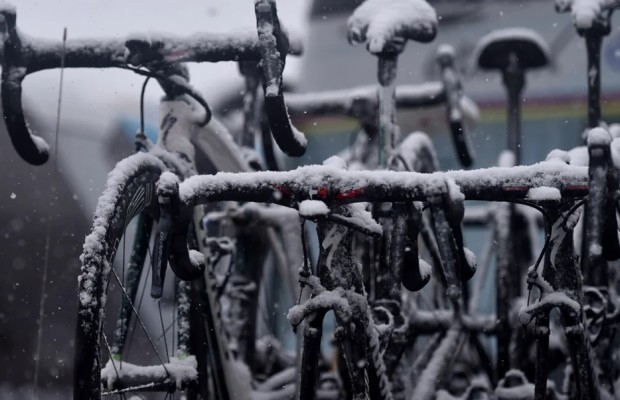
Can I go cycling with the flu or a cold?
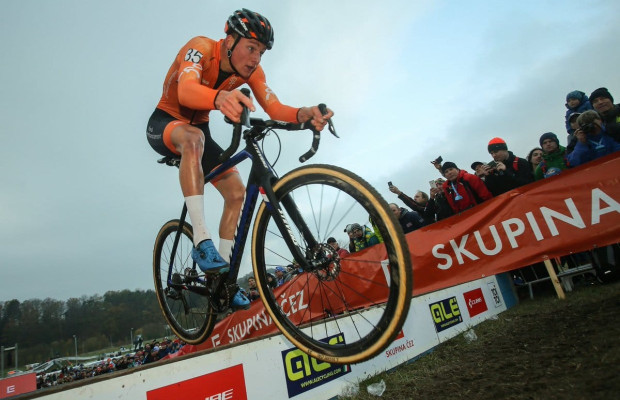
He invented the idea of jumping over the planks, which earned him a World Championship against Van der Poel
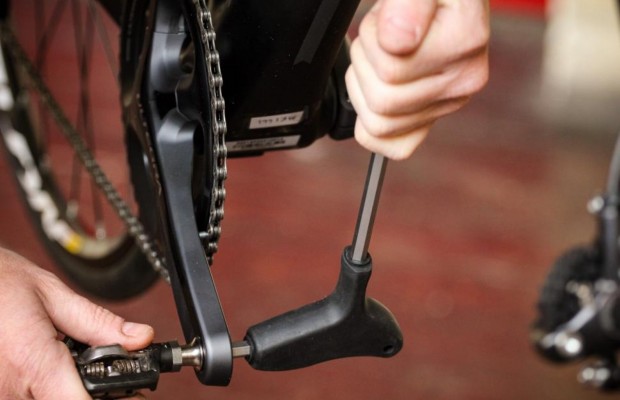
How to change the pedals of any bike in 5 steps
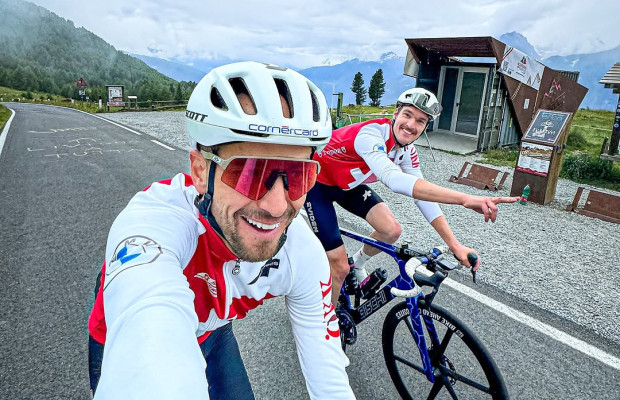
Is it possible to do base training when time is short?
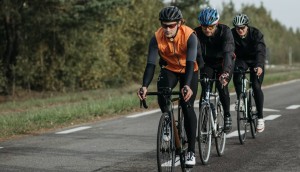
Nowadays, preparations are more scientific, everything is studied to the limit, and gains are scraped from every tiny aspect. Work and perseverance have become essential in improving the level. Proof of this is simply how much the level of the common cyclist has evolved. Today it is easy to find people who take care of themselves and train conscientiously, pedaling at a really high level.
However, reaching professionalism is another story. Without genetics that provide aspects such as a good VO2max, usually one of the main definers of the cyclist's raw motor capacity, or innate characteristics in aspects such as good effort economy or a certain muscle composition, that level is unattainable.
Even within professionalism, innate class comes to light. We have seen this, for example, in the recent cyclocross campaigns. The best in the world in the specialty fighting to be the best, only for Van Aert and Van der Poel to come and, without specifically preparing for these competitions, dominate against the, again, best in the world.
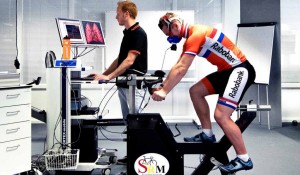
Then there are the great champions in whom the ability to work, a mind prepared to face all the demands of competition at the highest level, and privileged genetics come together in a perfect combination to give us those cyclists who make history.
In any case, all is not lost because, while certain qualities are necessary to shine, depending on the level and type of competition, training or other characteristics such as good race vision may be enough for a cyclist to shine. We always think of the example of Juan Antonio Flecha, one of the best Spanish classics riders. He wasn't the strongest, he wasn't the fastest in the sprint, yet through hard work, immersing himself in all the mystique of the cobblestones, he came close to victory several times in Paris-Roubaix.
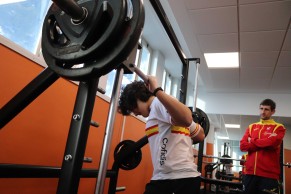
Knowing that our genetic heritage will not allow us to win the Tour de France no matter how much we train, understanding the importance of well-done work on the bike, there is something that the common cyclist can apply to elevate their level to the maximum. The main recipe is simply consistency. It's not about doing better or worse workouts, but about being consistent in what we do. Cycling is a sport where gains accumulate year after year. If we also introduce a well-planned training, set goals adapted to our qualities, and learn to know ourselves to make the most of our strengths, we will have come a long way to, through hard work, make up for what genetics has denied us as much as possible.